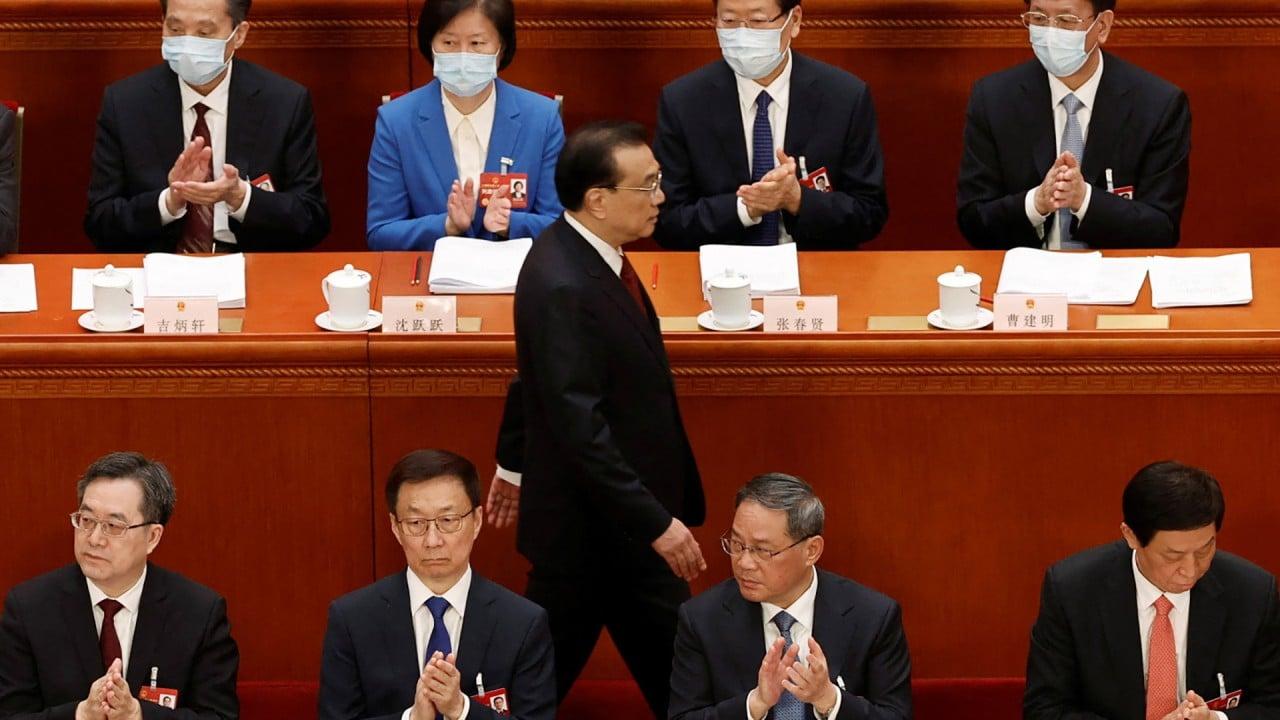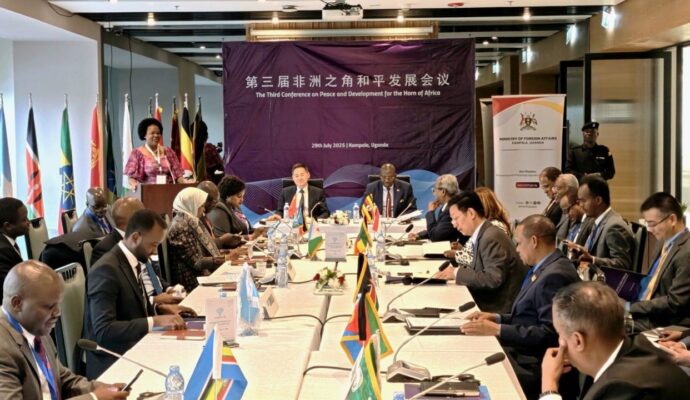
“Under Covid, regulations were thrown out overnight and without further consultation, without looking into the impact on the business,” Dr Christoph Schrempp, chair of the Tianjin chapter of the chamber, told the Post.
Schrempp said the business group wrote a letter to the city government last year asking how they could improve and what European firms could anticipate. But there was no reply, demonstrating the absence of constructive dialogue between the industry and policymakers.
Local companies would appreciate being involved in the policy making process because sometimes lawmakers might not see the impact, Schrempp said.
The report shows Tianjin has a way to go to restore confidence among private and foreign investors after three-years of zero-Covid policy disruptions, heavy-handed regulations and the more general deteriorating international relations.
In the meantime, it has become less competitive with other emerging second-tier cities such as Qingdao, which is also a port city in northern China.
In 2021, it fell out of the top 10 Chinese cities with highest gross domestic product (GDP), after having been sixth in 2017 and 2018, ninth in 2019 and 10th in 2020.
More than half of the municipality’s companies from the European Union said in 2022 they would not choose to expand their current business activities in Tianjin, up from 31 per cent in 2020, according to the chamber’s Business Confidence Survey.
This year, Tianjin set its GDP growth target as around 4 per cent, the lowest among all of China’s 31 provincial-level jurisdictions.
One general manager of a European multinational company in Tianjin said in the report, “the spirit of enterprise and innovation that marks out other cities in China is almost completely lacking in Tianjin”.
Schrempp said this limited the growth of a business. “If you aren’t able to innovate and move forward inside your business anymore, you get stuck at a certain point, you are outdated and out of the business, and that needs to be prevented,” he said.
According to the European chamber, Tianjin should further tap into its flagship industries, including aviation, biomedicine, manufacturing and robotics.
The report said that Tianjin has set “too broad a development agenda” instead of focusing on core strengths, which has led to a “misallocation of resources with suboptimal outcomes”.
Additional advantages provided by its top-ranking universities, including Nankai University and Tianjin University, could also be better leveraged to enhance industry-academic research to help the city accelerate innovation.
The chamber urged Tianjin authorities to increase the frequency and quality of dialogue with industry, while finding ways to improve the regulatory environment.
“The city’s talent pool could be deepened by increasing the involvement of industry players in its talent programmes and by strengthening relationships between government, academia and industry in key sectors,” the report said.
A fast track visa programme for foreign experts, teachers, managers, specially trained engineers and technicians, could also help lure talent, it said.
Outbound travel has yet to fully resume. The number of international flights is still subdued while the waiting list to apply for a visa is long, which means connections between branches and headquarters have been weakened.
“We cannot bring in as many people as we did in the past,” said Schrempp.“Bringing in, for example, the executives from Europe is extremely important since coming onsite is the first measure to regain trust.”

